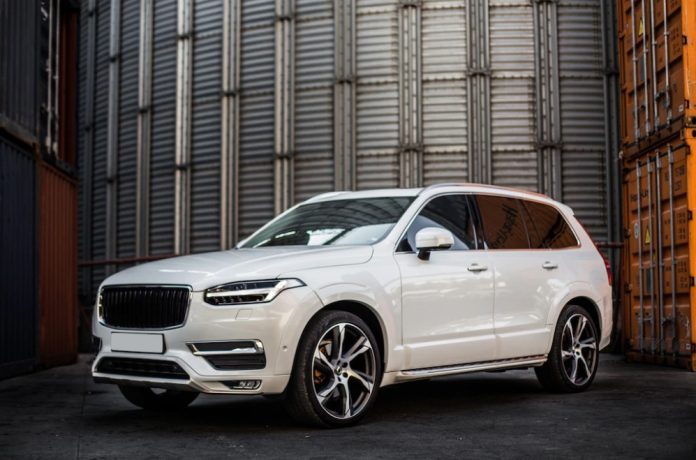You’re short on cash and need an infusion right away. Since you own a vehicle, you’re considering getting a title loan to tide you over. However, such a loan requires a clean title, meaning no liens. So, you must make certain that you own your vehicle outright. Here’s how to do that and get an auto title loan in North Carolina, and elsewhere.
What is a Vehicle Title Loan?
This is a short-term loan of 30 days or less, although you may be able to get longer terms. In exchange, the lender will hold on to your title until the loan is repaid, plus interest. You’ll still be able to drive your vehicle during the repayment process. Do note, though, that if you don’t make payments as agreed, your vehicle will be seized and sold to cover losses.
The amount you’re able to borrow depends on your income and the vehicle’s value, which is based on its make, model, age, mileage, style, and overall condition. In lieu of an in-person evaluation, you only must send in photos. And while the lender might run your credit, it won’t focus on it. Remember, the loan is secured with your title, which must be in your name only.
What is a Lien?
A lien means another person or entity can claim rights to your vehicle, and they are listed on the title.
In addition to a title lending company, a bank can place a lien on your title if you take out a loan to finance it. Some states permit mechanics to put a lien on your ride to ensure repair payment.
Beware of Title Forgery
Unfortunately, there’s no shortage of bad actors out there who are more than happy to produce phony titles and even lien releases. The good news is that every vehicle has a unique identifier – its 17-character vehicle identification number (VIN) – located on a metal plate on the driver-side dashboard. It also may be found in other places as well, including on the driver-side door jamb.
Running a VIN Title Check
Your vehicle’s VIN is run through a national consumer protection database called the National Motor Vehicle Title Information System, which provides title info from states nationwide. A database report provides the title’s history, which can tell you, for instance, whether the vehicle was owned by a salvage or junk yard or deemed a “total loss” by an insurance company.
You can also use the VIN to identify title fraud. Sometimes, fraudsters will alter or scratch letters or numerals to render them unreadable. Or you can see that the VIN on the title does not match the vehicle’s VIN. Another way to spot fraud is when the description on the title doesn’t match the vehicle. Then there are cases in which the VIN either doesn’t match the lien release documents, or it’s missing altogether.
You can also use a VIN decoder to look up the vehicle and ensure that specs match. The VIN reveals the country in which the vehicle was built, the manufacturer, year model, the factory in which it was manufactured, and the vehicle brand, engine size, and type. There are online decoders that you can use to determine whether your vehicle’s specifications line up.
In summary, you want to make sure your car has a clean title, particularly if you’re hoping to apply for a vehicle title loan. You can’t assume, since there are plenty of unscrupulous types out there who hope to pull something over on you. So, it does behoove you to check.


































